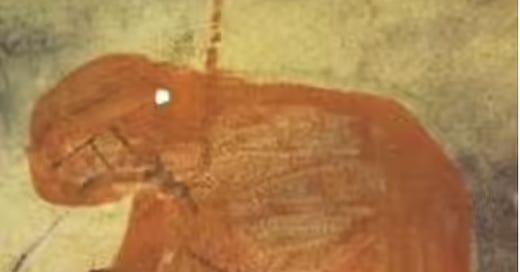Widely considered a masterpiece of Begali literature, Mother of 1084 simmers with a distilled and inward facing rage against the governmental, religious and patriarchal structures that confine and proscribe its protagonist’s grief. Sujata is mourning her son Brati. Caught up in India’s ill-fated Naxalite-Maoist insurgency of the early 1970’s, he was killed by government forces and reduced to a nameless corpse in a morgue: 1084. It’s what Sujata’s cheating shit of a husband wanted - for his good name not to wear the shame of failed revolution. Two years on from that fateful day, Sujata seeks closure of sorts, hoping to reclaim Brati’s memory, name and dignity.
It is a quest modestly undertaken - Devi eschews easy grandstanding for something more controlled, more personal. Sujata meets with Brati’s friends, with his ex-girlfriend and with the mother of another murdered revolutionary. She learns of betrayals and painful truths. Each interaction serves to highlight both connection and divide, but also steels her against a society built to silence women like her. With its stark emotional honesty and unadorned delivery, Mother of 1084 is a devastatingly humane and relatable book.
Mother of 1084 by Mahasweta Devi (Tr. Samik Bandyopadhyay)
Seagull Books, 2008
144 pages




I really liked this book. I did a little research while reading it because I had not realized how many different Communist factions were in conflict before a Communist government was elected in the 1970s. Calcutta is a fascinating city, unlike any other I've been to in India (and such a shock as it was the first one I ever went to). I had not expected that among the grand buildings of the colonial past I'd find a huge statue of Lenin or the street names held over from the Communist era—like Ho Chi Minh Road which is where you will find the American Embassy!